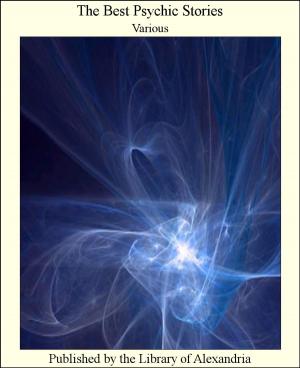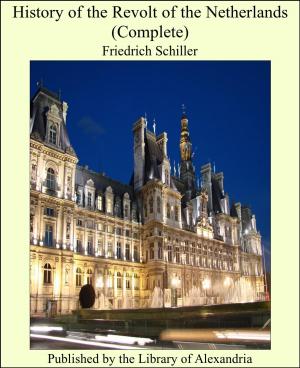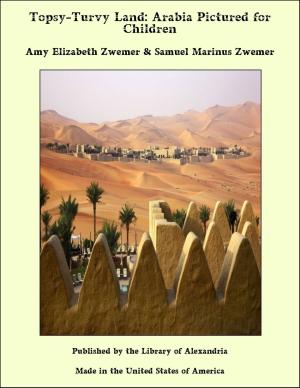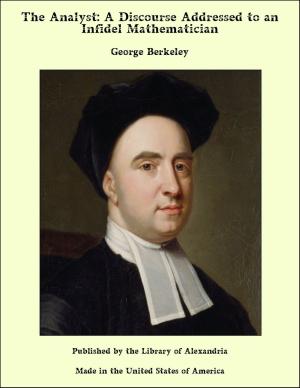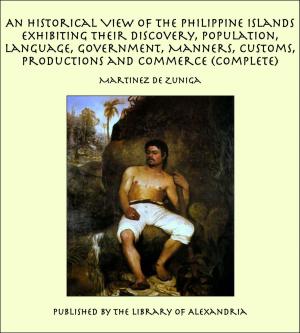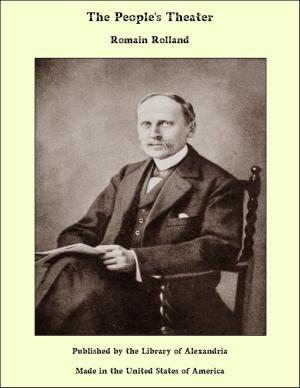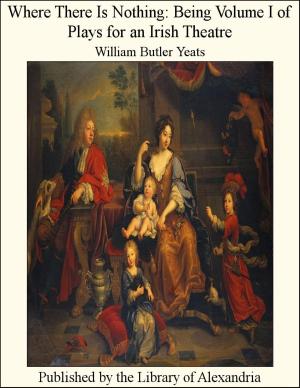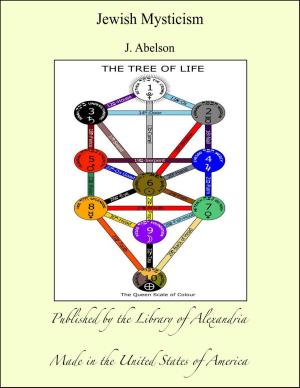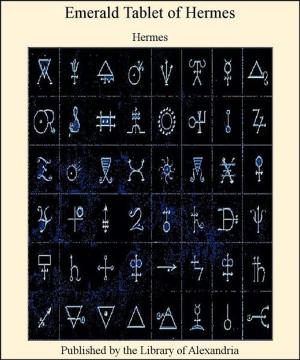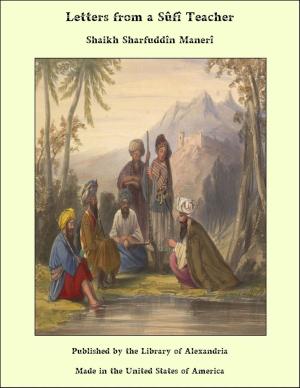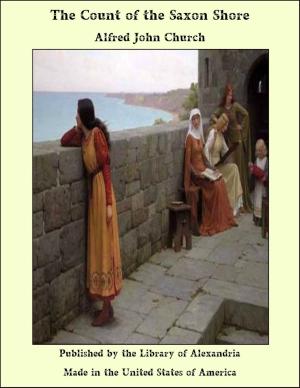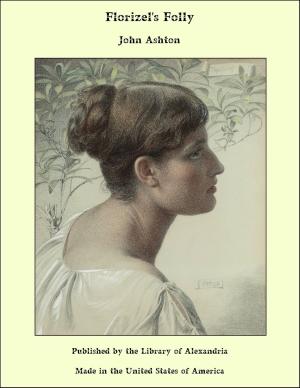Heath's Modern Language Series: Mariucha
Nonfiction, Religion & Spirituality, New Age, History, Fiction & Literature| Author: | Benito Pérez Galdós | ISBN: | 9781465564344 |
| Publisher: | Library of Alexandria | Publication: | July 29, 2009 |
| Imprint: | Library of Alexandria | Language: | English |
| Author: | Benito Pérez Galdós |
| ISBN: | 9781465564344 |
| Publisher: | Library of Alexandria |
| Publication: | July 29, 2009 |
| Imprint: | Library of Alexandria |
| Language: | English |
Some one will naturally ask: "Why did not the editor select Galdós' best play, El abuelo, for publication?" I should like to reply to this question in advance. El abuelo, with all its beauties, has certain features which make it slightly undesirable for use by classes of American students in High Schools and the elementary years of College. First, one of its beauties is itself a drawback for this particular purpose; namely, the rather vague and abstract moral it conveys. Then, the main-spring of the plot, like that of Electra, lies in a dubious obscurity to which it is not necessary to direct the attention of young people. Mariucha, on the other hand, presents clean-cut, open problems of daily life, and they are also problems which any American can readily understand, not local Spanish anachronisms. I chose Mariucha believing it to be the best fitted for general class use among all the dramas of Galdós; and I hope that Spanish teachers may not find me wrong. The Introduction is confined to a discussion of Galdós as a dramatic author, since a study of his entire work or of his influence on his generation would be quite out of place. To my friend and colleague Professor Erasmo Buceta I am deeply grateful for generous and suggestive help; and I am indebted to Doña María Pérez-Galdós de Verde for information which gives the Bibliography an accuracy it could not otherwise have had. S.G.M
Some one will naturally ask: "Why did not the editor select Galdós' best play, El abuelo, for publication?" I should like to reply to this question in advance. El abuelo, with all its beauties, has certain features which make it slightly undesirable for use by classes of American students in High Schools and the elementary years of College. First, one of its beauties is itself a drawback for this particular purpose; namely, the rather vague and abstract moral it conveys. Then, the main-spring of the plot, like that of Electra, lies in a dubious obscurity to which it is not necessary to direct the attention of young people. Mariucha, on the other hand, presents clean-cut, open problems of daily life, and they are also problems which any American can readily understand, not local Spanish anachronisms. I chose Mariucha believing it to be the best fitted for general class use among all the dramas of Galdós; and I hope that Spanish teachers may not find me wrong. The Introduction is confined to a discussion of Galdós as a dramatic author, since a study of his entire work or of his influence on his generation would be quite out of place. To my friend and colleague Professor Erasmo Buceta I am deeply grateful for generous and suggestive help; and I am indebted to Doña María Pérez-Galdós de Verde for information which gives the Bibliography an accuracy it could not otherwise have had. S.G.M

